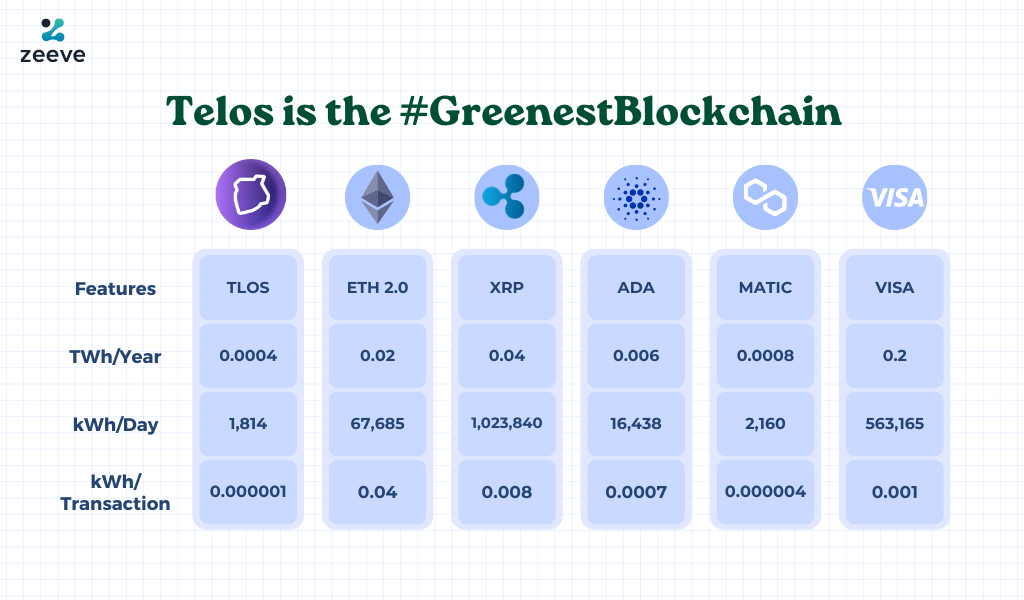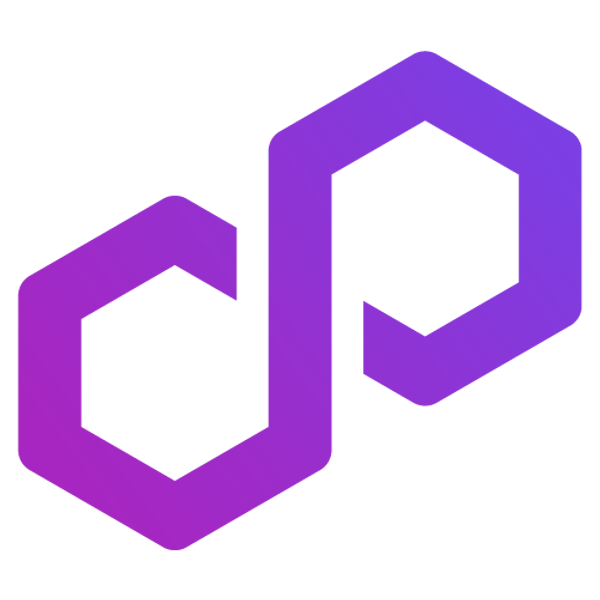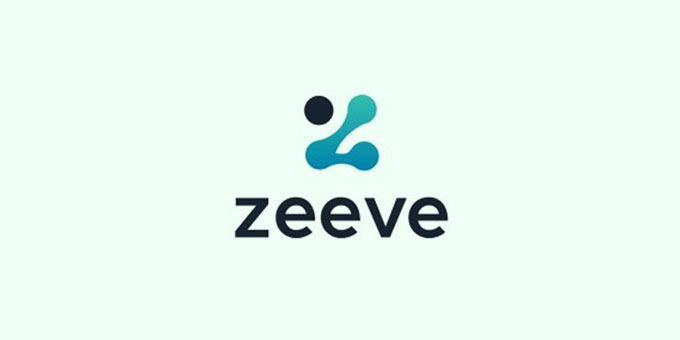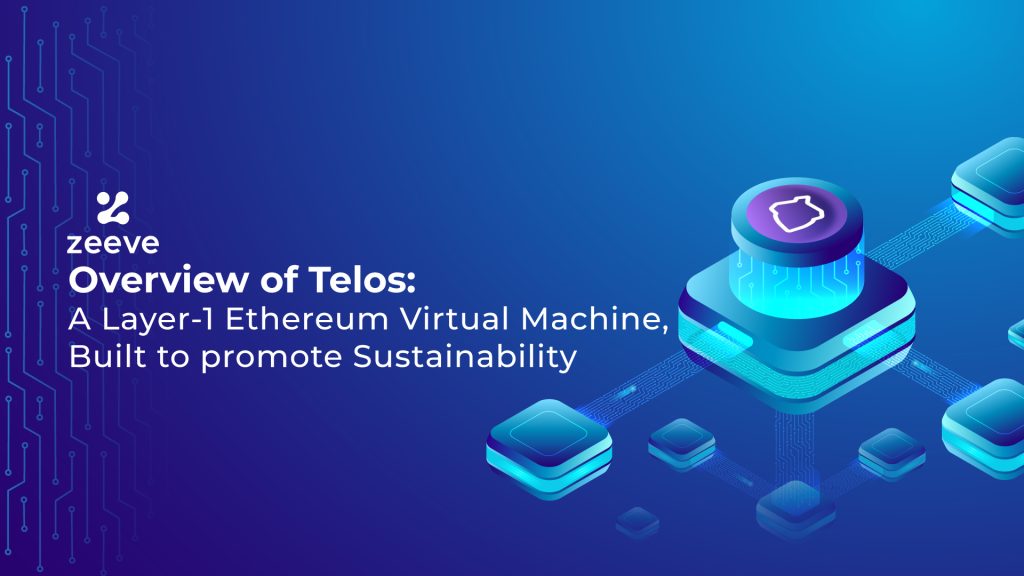Blockchain technology has emerged as a revolutionary force with the potential to reshape various industries, and its impact on sustainability is no exception. In today’s era of global environmental challenges, the imperative for adopting sustainable practices has emerged as an undeniable and pressing reality. With the greater adoption of blockchain technology, the desire to create a positive environmental impact has also grown exponentially. However, in order to fully harness the transformative power of blockchain, it is imperative to ensure that it aligns with the principles of environmental, social, and governance (ESG) compliance.
By embracing ESG standards within blockchain systems, we can pave the way for a future where technology not only drives innovation and economic growth but also acts as a catalyst for positive environmental change. In this blog post, we will explore why having ESG-compliant blockchains such as Telos can pave the way for a greener and more socially responsible future, unlocking innovative possibilities and transforming the way we approach sustainability.
Exploring the Principles and Benefits of Sustainability and ESG Compliance
Definition and significance of sustainability
Sustainability in the context of blockchain refers to the ability of blockchain technology to promote environmental, social, and economic sustainability. It encompasses the efficient use of resources, reduced carbon footprint, and the establishment of fair and transparent systems. Blockchain’s decentralized nature allows for increased transparency, traceability, and accountability, reducing fraud and corruption. It also enables the development of decentralized applications (dApps) that can address various sustainability challenges, such as supply chain transparency, renewable energy trading, and carbon offsetting. By integrating sustainability principles into blockchain applications, we can foster a more equitable and environmentally conscious future.
ESG Criteria: A Framework for Sustainable Investing
Environmental, Social, and Governance (ESG) criteria encompass a collection of benchmarks employed to evaluate the enduring viability and ethical ramifications of an entity’s operations. These standards gauge the organization’s commitment to sustainability and its broader societal implications.
In the context of blockchain technology, ESG criteria are relevant in several ways. First, the environmental aspect considers the energy consumption and carbon footprint associated with blockchain networks, as some consensus algorithms require significant computational power. Efforts are being made to develop more energy-efficient consensus mechanisms, such as proof-of-stake, to address these concerns. Second, the social aspect examines the inclusivity and accessibility of blockchain technology, ensuring that it benefits a diverse range of stakeholders and does not exacerbate inequalities. Finally, the governance aspect assesses the transparency, accountability, and ethical decision-making within blockchain networks, including issues like data privacy and security. Meeting ESG criteria in blockchain technology is crucial for fostering sustainable and responsible innovation in the digital realm.
As the world grapples with the pressing need for sustainable development and increased corporate responsibility, the integration of blockchain with environmental, social, and governance (ESG) compliance becomes increasingly relevant. By harnessing the transparency, traceability, and decentralized nature of blockchain, organizations can effectively link sustainability initiatives and ESG compliance, fostering greater accountability, trust, and positive societal impact. This synergy between blockchain technology and sustainability creates a compelling pathway towards a more transparent, responsible, and environmentally conscious future.
Major ESG Challenges Faced In Enterprise Operations
The significance of ESG factors has grown considerably due to the rising demand from investors, customers, and other stakeholders who seek businesses that prioritize sustainability and social responsibility. Following are some of the ESG challenges that blockchain technology needs to address in order to facilitate sustainable development:
- Absence of standardized reporting framework in place: The lack of a standardized reporting framework presents a significant obstacle when it comes to evaluating the performance of a company. This issue stems from the absence of a universally accepted set of guidelines and formats that companies can adhere to when reporting their financial and operational information. The lack of consistency in ratings and methodologies adopted creates uncertainty and makes it challenging for investors to trust the data provided. Resorting to blockchains such as Telos which is ESG compliant can help to address these and also enhance the credibility and reliability of company reporting. By establishing clear guidelines and standards, stakeholders can have greater confidence in the reported information, leading to more informed decision-making and a more efficient functioning of financial markets.
- Data Sourcing Discrepancies: Data plays a crucial role in ESG reporting, but its quality and availability vary significantly across companies. Lack of comprehensive information hampers investors’ ability to make accurate assessments and informed investment decisions. Organizations must prioritize real-time risk reflection and ensure data remains relevant and timely. Additionally, there should be uniform alignment among various business units in monitoring and reporting ESG metrics.
- Insufficient Integration into Decision Making: Integrating ESG data into business goals still tends to be considered a secondary priority compared to financial information. To tackle this, it is crucial for leadership teams to integrate ESG goals into every aspect of the organization and ensure their effective implementation in daily operations.
- Greenwashing Risks: Greenwashing refers to the practice of presenting sustainable practices or products without acknowledging their negative impact on climate change, pollution, and biodiversity. Greenwashing poses a genuine threat as companies may engage in deceptive practices to attract investors and enhance their image. This deceptive behavior complicates the evaluation and assessment of companies’ true performance.
- Lack of Regulatory Frameworks: The absence of a unified global standard for reporting and disclosing environmental, social, and governance (ESG) information has resulted in a lack of clarity and uniformity in this field. Consequently, investors face challenges in comparing and analyzing ESG data across companies due to the absence of standardized guidelines.
How Telos Helps with Sustainability : Strategies to Overcome ESG Challenges
Telos stands as an advanced blockchain platform of the third generation, specifically designed for constructing swift, expandable distributed applications featuring feeless transactions.
Ever since its mainnet was introduced in December 2018, the Telos network has undergone continuous development to serve as a catalyst for future economies and offer effective solutions to worldwide issues on a human-scale level. With the objective of achieving these aims, Telos incorporates pioneering governance characteristics that grant organizations the ability to transfer influence and decision-making power to a more cooperative and transparent model.
One key advantage is Telos’ exceptional energy efficiency, which surpasses that of other blockchains. The Telos Core Devs team diligently ensures that every resource is utilized with utmost efficiency, optimizing each line of code and minimizing hardware requirements for operation.
Telos contributes to sustainability by offering increased transparency and traceability. This feature enables stakeholders to easily track and verify the origin and movement of assets or goods, promoting accountability and minimizing fraud.
Another advantage of Telos is the reduced transaction costs it brings. Conventional financial systems frequently incorporate middlemen and intricate procedures, leading to elevated charges. However, Telos energy-efficient blockchain ecosystem reduces the associated costs of heavy hardware requirements. This cost efficiency makes Telos an attractive option for sustainable businesses and individuals aiming to reduce their financial burden.
Furthermore, Telos facilitates effective monitoring and reporting, enhancing sustainability efforts. The utilization of blockchain technology facilitates the secure and transparent storage of data. This data can be conveniently accessed by pertinent entities, including auditors and regulators, in order to uphold adherence to sustainability benchmarks. By providing an auditable trail of transactions and data, Telos helps organizations meet regulatory requirements and demonstrate their commitment to sustainable practices.
Distinctive Attributes of Telos
Fast and scalable: Telos is a highly efficient third-generation blockchain that boasts exceptional speed, generating two new blocks per second. This rapid pace minimizes the window for automated bots to swiftly analyze the mempool for profitable trades. Additionally, Telos employs a fixed-rate gas fee for transactions on its EVM, preventing anyone from gaining an advantage by offering a higher fee.
No front -running – However, Telos goes beyond its technical prowess by prioritizing community governance. It operates under a transparent framework, outlining clear guidelines for validators and the corresponding penalties for rule violations. Block producers on Telos are obligated to process transactions in the order they are received, adhering to a first-in, first-out principle. They are prohibited from reordering transactions for personal gains. This collective approach provides robust safeguards against front-running within the Telos EVM ecosystem.
Secure, fast microtransactions in DeFi– Furthermore, Telos facilitates global microtransactions in the realm of decentralized finance (DeFi), leveraging its high-speed block generation and resilient protection against front-running. This combination of technological efficiency and community-driven governance makes Telos an ideal platform for conducting fast, secure, and fair microtransactions worldwide.

Telos’ mission and commitment to sustainability and ESG compliance
Telos, a prominent blockchain platform, is driven by a strong mission and commitment to sustainability and ESG compliance. Acknowledging the pressing necessity to tackle environmental issues, Telos places a substantial focus on enhancing energy efficiency and achieving carbon neutrality. By employing advanced technologies and innovative solutions, Telos ensures that its blockchain operates with minimal energy consumption, reducing its carbon footprint and contributing to a more sustainable future. Furthermore, Telos actively pursues the reduction of its environmental impact through various initiatives, such as optimizing resource utilization and minimizing waste generation. The consensus mechanisms employed by Telos, such as Delegated Proof of Stake (DPoS), offer inherent sustainability benefits by requiring significantly less energy compared to traditional proof-of-work systems. Telos is steadfast in its commitment to integrating sustainability and ESG principles into its operations, striving to be a responsible and environmentally conscious blockchain platform.
Telos’ focus on ESG and its governance model
- Governance Model: Telos embraces a democratic governance model that grants equal decision-making powers to the community. To ensure sustainability and efficiency, the platform employs over 50 independent node validators responsible for maintaining its smooth operation. Instead of using selection criteria for validators, Telos implements a voting system powered by a Delegated Proof-of-Stake (DPoS) protocol. Telos Decide, Telos Works, and Telos Amend are examples of franchised products incorporating DPoS frameworks.
- Environmental Measures: Telos strives to minimize the carbon footprint of its blockchain systems. The network’s energy consumption and carbon emissions are regulated by the community itself. Users have the authority to determine how Telos’ built-in solutions, such as LocalScale, Corcocoin projects, and SEEDs, are utilized to enforce environmental impact mitigation. Moreover, community members have the opportunity to embrace carbon-free alternatives such as TelosGreen, a reputable validation service.
- Social Accessibility: Telos commits to providing an inclusive platform accessible to users from all categories, aligning with the ESG standard for society-focused projects. Developers working on the Telos network have the provision to leverage various resources available within the ecosystem by utilizing tools such as the Telos Worker Proposal System and the Telos Resource Exchange. These tools enable blockchain developers to access and make effective use of the resources offered by the Telos network. Telos also introduces the Telos Foundation, an empowerment program designed to support niche blockchain startups. This foundation consists of elected and funded individuals dedicated to assisting startups within the Telos network.
Telos Ignite Program Tackles ESG Challenges Head-On
Telos offers the Telos Ignite grant program, which aims to attract developers who are enthusiastic about tackling these pressing issues. If you have a project that contributes to resolving ESG challenges, Telos Ignite is ready to provide support for these initiatives.
The Telos Ignite grant program provides numerous benefits to individuals who participate in it. Firstly, it provides funding in the form of native Telos tokens (TLOS), enabling developers to access financial resources necessary for their projects. These tokens can be utilized within the Telos ecosystem, enhancing the scalability and efficiency of the projects.
In addition to funding, Telos Ignite equips developers with developer tools and resources that streamline the development process. These tools empower developers to create innovative solutions more efficiently, accelerating progress towards sustainability goals.
Telos Ignite also offers direct communication and support from the Telos team. This direct interaction enables developers to collaborate closely with experienced professionals who can provide guidance, technical assistance, and valuable insights throughout the project lifecycle.
Moreover, the Telos Ignite grant program ensures end-to-end support for developers. From the initial stages of project building to the formulation of technical and commercial strategies, Telos is committed to providing comprehensive assistance. This holistic approach enables developers to focus on their core objectives while relying on Telos for the necessary support in various aspects of their project.
Finally, being selected as a grant winner under the Telos Ignite program brings recognition and visibility to the developers and their projects. This acknowledgment enhances their credibility within the industry and can lead to further opportunities for growth and collaboration.
In summary, Telos and its Telos Ignite grant program offer funding, developer tools, direct support, end-to-end assistance, and recognition for projects aiming to address ESG challenges. By providing these benefits, Telos actively promotes sustainability and encourages innovative solutions for a more sustainable future.
Conclusion:
Telos has emerged as a powerful tool for promoting sustainability and ESG compliance through its decentralized and transparent blockchain platform. By facilitating decentralized energy trading, enabling supply chain traceability, tracking environmental impact, and supporting social impact projects, Telos empowers individuals, organizations, and communities to create a more sustainable and equitable future. As Telos continues to evolve and expand its use cases, it has the potential to revolutionize how we address the pressing challenges of our time, contributing to a more resilient and responsible global society.
With the rise of protocols like Telos, blockchain has the power to deliver next-generation sustainability solutions that can address pressing environmental and social challenges. By leveraging decentralized networks, smart contracts, and transparent ledger systems, blockchain enables trust, efficiency, and accountability in sustainable initiatives.
Zeeve as a platform to access energy-efficiency capabilities of Telos
Zeeve, a prominent provider of dedicated web3 infrastructure – top-notch secure node operation and shared APIs, has recently integrated support for the Tezos network. This integration empowers web3 developers to enhance the efficiency of their decentralized applications by leveraging Tezos’s advanced features through Zeeve’s robust infrastructure. Zeeve offers a reliable and secure platform for web3 developers and enterprises to seamlessly connect with various blockchains.
Experience the seamless deployment of dependable Tezos nodes for both developer and validator purposes, accompanied by secure API endpoints that ensure lightning-fast connectivity to the Tezos network.























